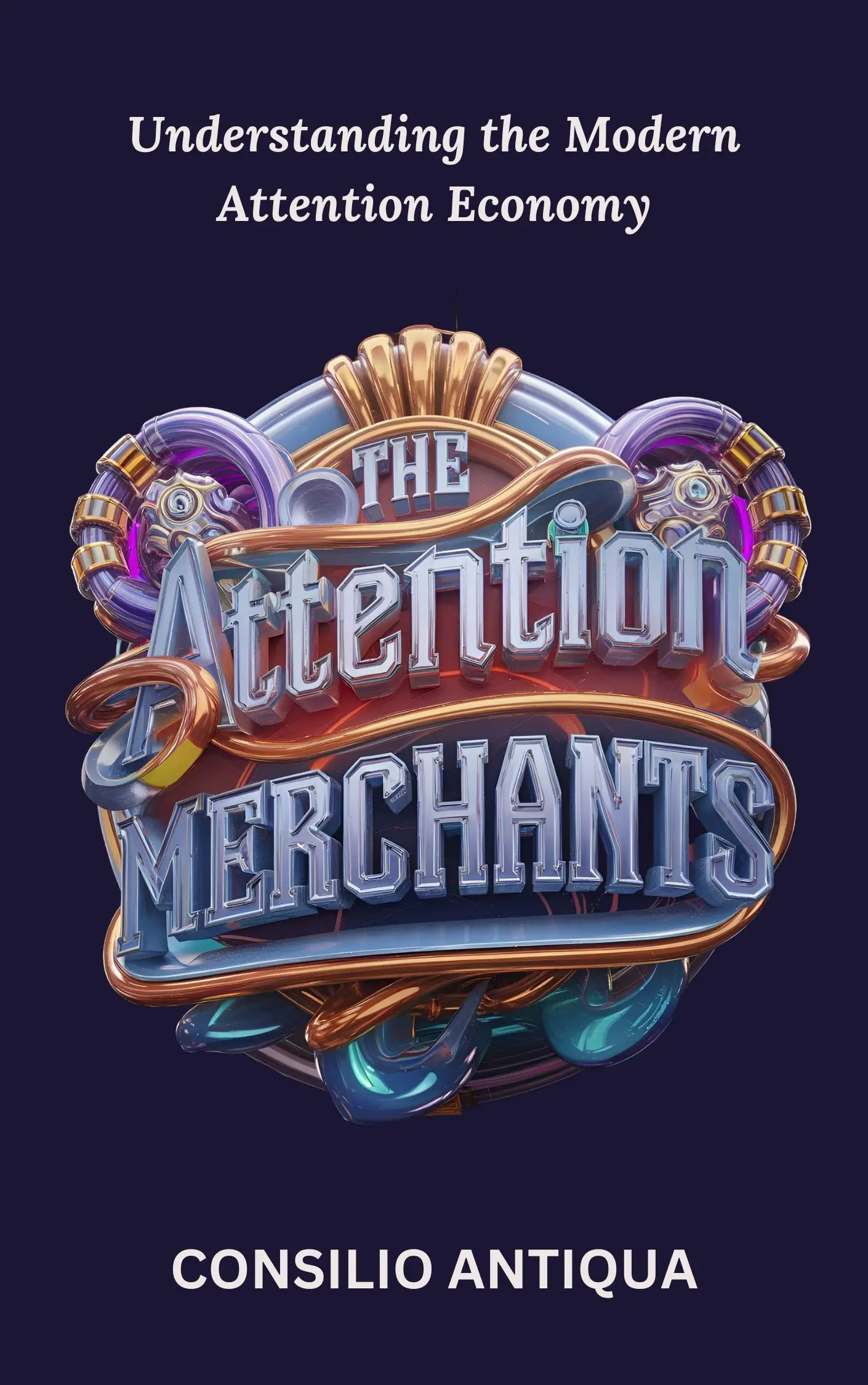
The Attention Merchants | Chapter 20. The Future of the Attention Economy
Chapter 20. The Future of the Attention Economy
Imagine settling in for a movie night. You open your favorite streaming service, and the algorithm, like a mind-reading friend, suggests a film you've been meaning to watch. It knows your preferences better than you do, it seems. This is just a glimpse into how artificial intelligence is already shaping the future of the attention economy, a future where our focus is not just captured, but predicted and subtly steered.
AI's role in this new attention landscape is expanding rapidly. Companies are no longer just analyzing our past behavior; they're using sophisticated algorithms to anticipate our future desires. Think about the ads that pop up on your social media feed, eerily aligned with a recent conversation or a fleeting thought. This is the power of predictive analytics, a tool that allows companies to tailor their messages with laser-like precision, making them almost impossible to ignore.
But the future of the attention economy isn't just about personalized ads. It's about creating immersive experiences that blur the lines between the real and the virtual. Virtual reality (VR) and augmented reality (AR) are no longer just gaming gimmicks; they're becoming powerful tools for capturing and holding our attention. Imagine attending a concert from your living room, feeling the energy of the crowd and the music vibrating through your bones, all through a VR headset. Or picture walking down the street, your phone's AR overlay transforming your neighborhood into a fantastical landscape filled with interactive characters and hidden treasures. These technologies have the potential to create experiences so captivating that we willingly surrender our attention, losing ourselves in carefully crafted digital worlds.
The metaverse, a concept that once seemed like science fiction, is rapidly becoming a reality. This interconnected network of virtual worlds promises to be the ultimate attention sink, offering endless opportunities for entertainment, social interaction, and commerce. Imagine spending hours in a virtual world, building a dream home, attending a virtual conference, or simply hanging out with friends from across the globe, all without ever leaving your physical space. The metaverse could become so enticing that it becomes difficult to distinguish between our digital and physical lives, raising profound questions about the nature of reality and our place within it.
But this future isn't without its challenges. The attention economy, in its relentless pursuit of our focus, can have detrimental effects on our mental health, productivity, and even our democracy. Studies have shown a clear link between excessive screen time and increased rates of anxiety, depression, and sleep disorders. The constant stream of notifications and updates can fragment our attention, making it difficult to focus on complex tasks or engage in deep thought. And the rise of filter bubbles and echo chambers, fueled by algorithms that cater to our existing biases, can lead to political polarization and the spread of misinformation.
So, how do we navigate this increasingly complex attention landscape? How do we reclaim our focus and protect ourselves from the potentially harmful effects of the attention economy? The answer lies in developing a conscious relationship with technology. We need to set boundaries, create tech-free zones in our lives, and cultivate habits that promote mindfulness and focus. We can rediscover the joy of reading a physical book, engaging in meaningful conversations, or simply spending time in nature, all activities that require sustained attention and offer a respite from the digital onslaught.
Furthermore, we need to consider the role of government regulation in shaping the future of the attention economy. Governments could implement policies that limit data collection, restrict targeted advertising, and promote digital well-being. They could also invest in public education campaigns to raise awareness about the potential risks of excessive technology use and empower individuals to make informed choices about their digital consumption.
The future of the attention economy is not predetermined. We have the power to shape it in a way that benefits both individuals and society as a whole. By understanding the forces at play and developing strategies for managing our attention, we can create a future where technology serves us, rather than the other way around. We can reclaim our focus, cultivate deeper connections with the world around us, and build a more mindful and fulfilling digital future.
